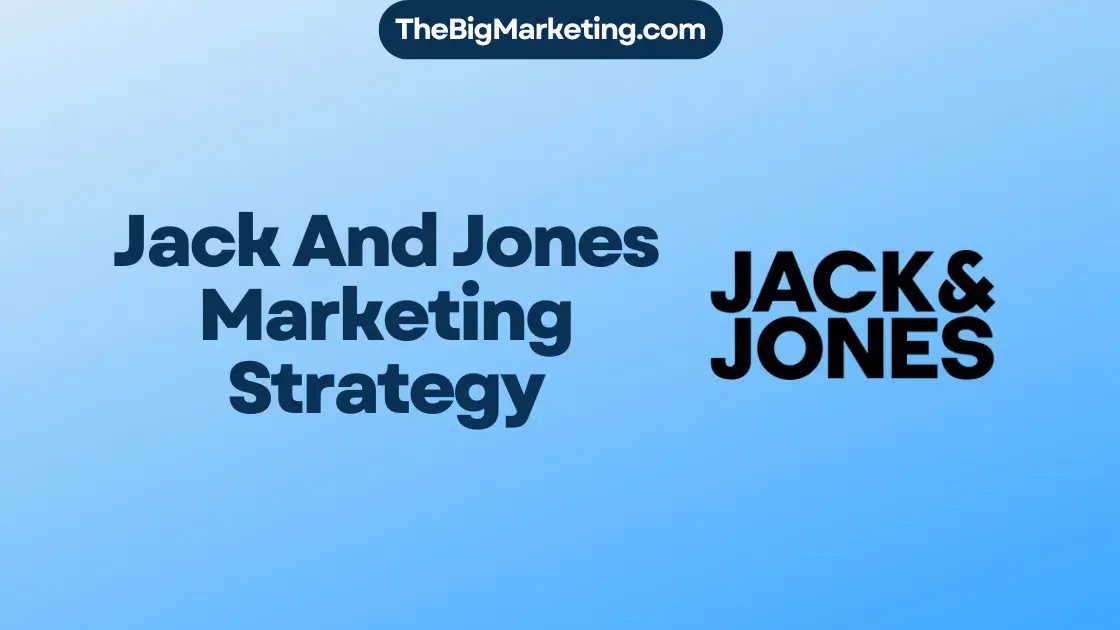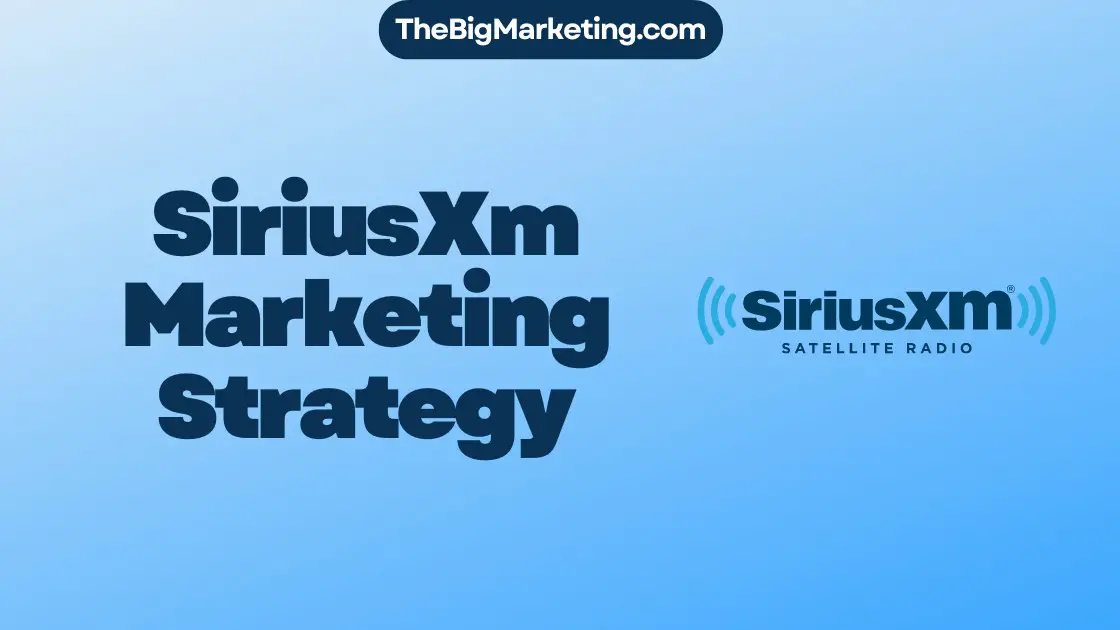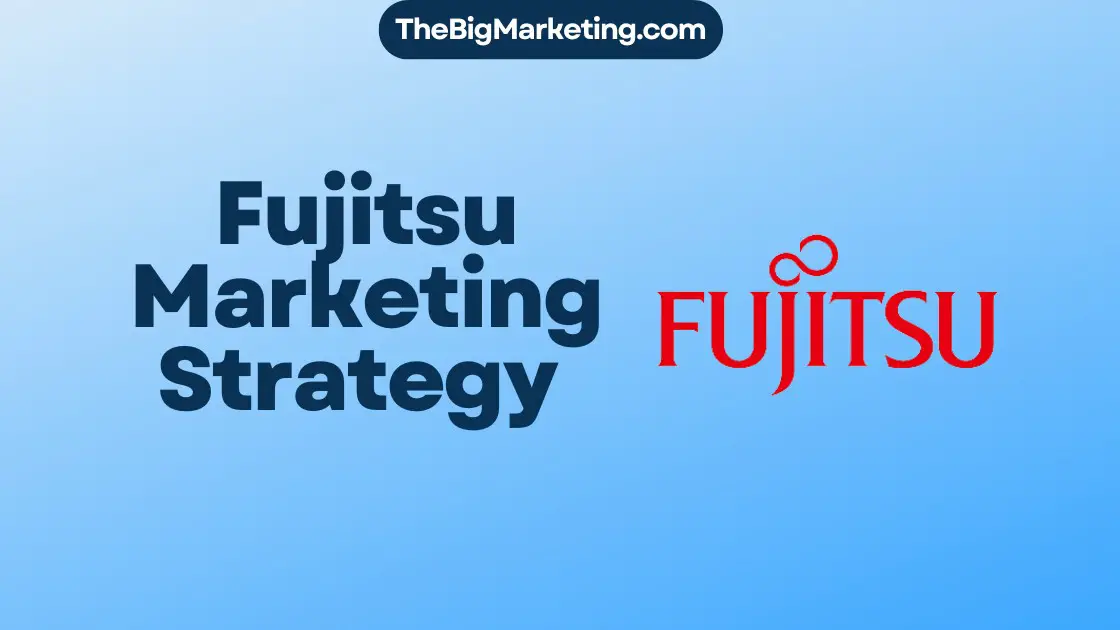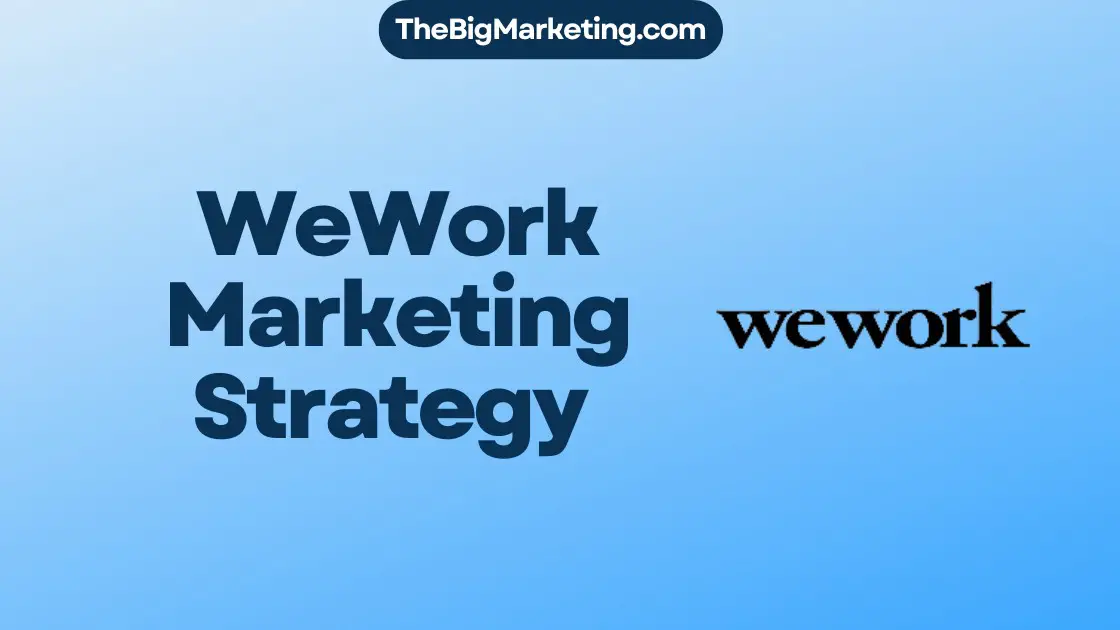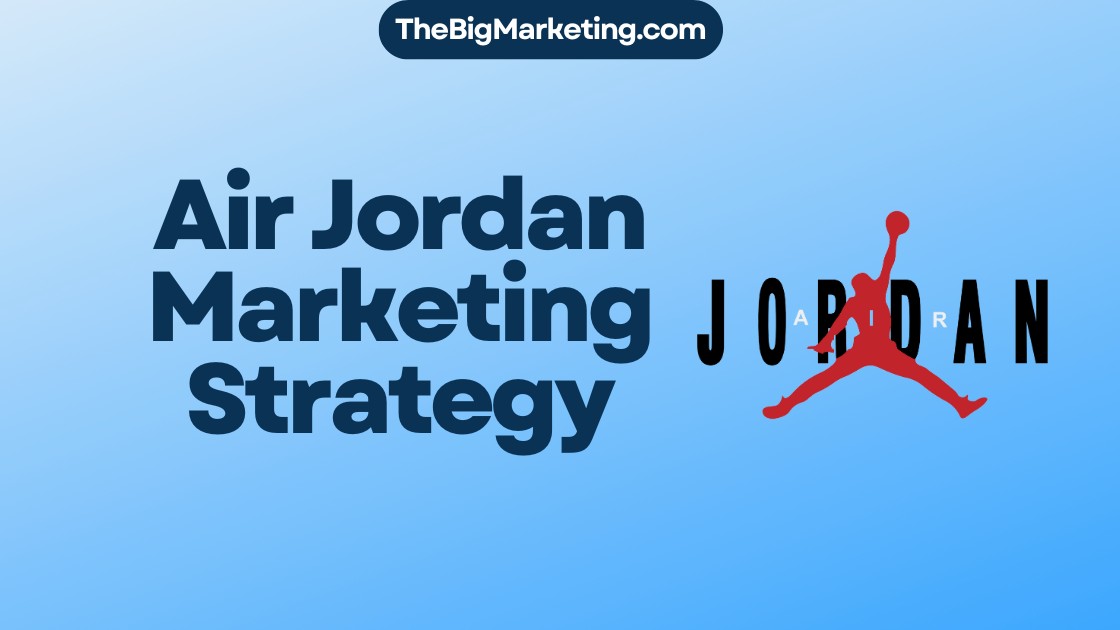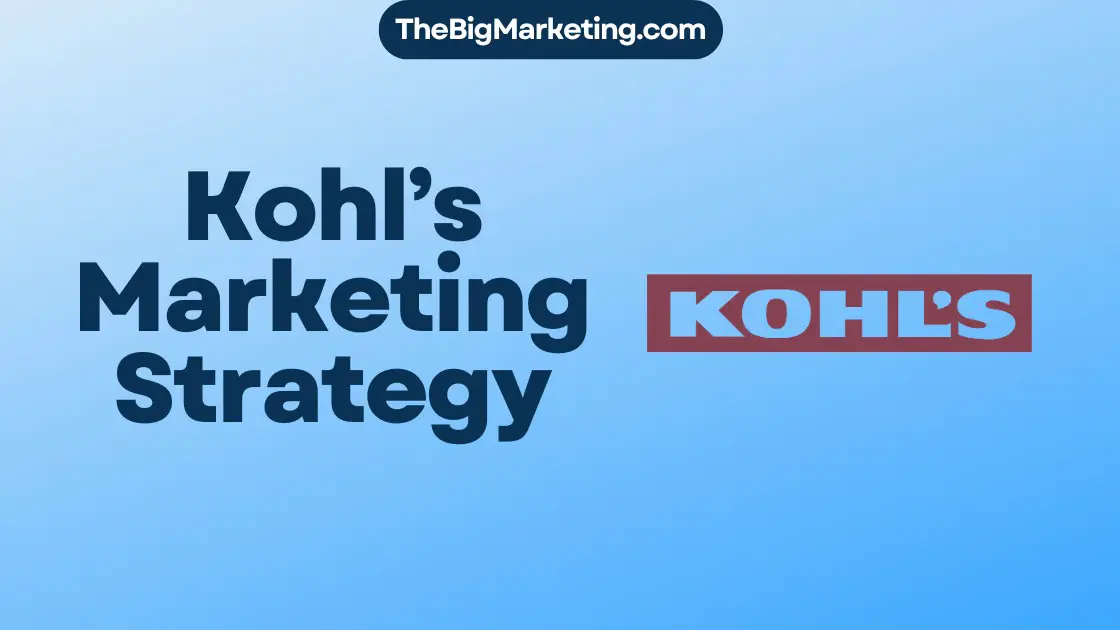WhatsApp is revolutionizing the way businesses connect with their customers. With its extensive reach and powerful features, WhatsApp has emerged as a game-changer in the realm of marketing. In this article, we will explore the dynamic landscape of WhatsApp marketing and delve into effective strategies to leverage this platform for business growth.
As of 2024, WhatsApp has over 2 billion users across 180 countries, making it one of the most widely used messaging platforms globally. With a staggering 27% increase in marketing messages sent over WhatsApp in 2023, it’s clear that businesses are recognizing the immense potential of this platform. WhatsApp offers a 98% open rate for messages, ensuring unparalleled visibility for marketing campaigns.
The power of WhatsApp lies not only in its vast user base but also in its engagement levels. Users spend an average of 17 hours per month on the app, providing businesses with ample opportunities to connect and engage with their target audience. The platform’s trust-centric ecosystem, coupled with end-to-end encryption, instills confidence in customers, leading to higher open rates for marketing messages.
Key Takeaways:
- WhatsApp has over 2 billion users in 180 countries, making it an effective marketing tool.
- Businesses witnessed a 27% increase in marketing messages sent over WhatsApp in 2023.
- WhatsApp offers a 98% open rate for messages, ensuring high visibility for marketing campaigns.
- Users spend an average of 17 hours per month on WhatsApp, making it ideal for customer engagement.
- The platform’s trust-centric ecosystem and encryption establish trust with customers and result in higher open rates for marketing messages.
The Power of WhatsApp in 2024
WhatsApp has become an indispensable platform for businesses worldwide, offering unprecedented reach and engagement. With over 2.8 billion users globally, businesses have a unique opportunity to connect with their target audience in a highly effective and efficient manner.
Users spend an average of 17 hours per month on WhatsApp, showcasing its immense popularity and potential for customer engagement. This makes it an ideal platform for businesses to showcase their products, offer personalized recommendations, and build lasting relationships with their customers.
The Benefits of WhatsApp for Business
WhatsApp offers a wide range of marketing-friendly features designed to enhance brand visibility and customer interaction. One such feature is the ability to create and showcase product catalogs, allowing businesses to showcase their offerings in a visually appealing and organized manner.
Furthermore, WhatsApp supports multimedia content, enabling businesses to share images, videos, and audio clips with their audience. This opens up creative possibilities for brands to engage customers with compelling visual content that stands out and leaves a lasting impact.
Aside from its rich feature set, WhatsApp’s trust-centric ecosystem and end-to-end encryption establish a sense of security and trust with customers. This leads to higher open rates for marketing messages, as customers are more likely to engage with and respond to messages from known and trusted contacts.
WhatsApp Advertising Tips
When leveraging WhatsApp for business purposes, there are several strategies and best practices to keep in mind:
- Segment and target your audience: Take advantage of WhatsApp’s features to segment your audience and deliver targeted messages that resonate with specific customer segments.
- Provide valuable content: Offer useful and relevant content to your customers to keep them engaged and build trust in your brand.
- Personalize your interactions: Use customer data to tailor your messages and offers, creating a personalized experience that enhances customer satisfaction.
- Utilize automated messaging: Automate certain aspects of your customer interactions to improve efficiency and deliver timely messages.
By incorporating these strategies into your WhatsApp marketing strategy, you can maximize the platform’s potential and achieve significant results for your business.
Crafting Your WhatsApp Marketing Strategy
To build a successful WhatsApp marketing strategy, businesses need to take certain crucial steps. These include defining the scope of their marketing campaign and choosing between the WhatsApp Business App and the Business Platform based on their specific needs. The next vital step is to implement opt-in strategies that allow businesses to collect customer consent and maximize engagement.
Once the scope and platform are determined, the next step is to identify use cases and target audiences. This helps businesses tailor their messages effectively and create personalized communication that resonates with their customers. By understanding the needs, preferences, and pain points of their target audience, businesses can craft compelling content that drives results.
Additionally, setting measurable goals is essential for evaluating the success of a WhatsApp marketing campaign. By defining clear objectives such as lead generation, sales conversions, or customer engagement, businesses can monitor and analyze the effectiveness of their strategies. To enhance the customer experience and streamline communication, integrating workflows and chatbots is highly recommended.
WhatsApp offers various features that can be leveraged to boost marketing efforts. Utilizing product catalogs allows businesses to showcase their offerings in a visually appealing and organized manner. This facilitates smooth navigation for customers, making it easier for them to explore and make purchase decisions. Similarly, automated messages enable businesses to send timely and relevant information to their customers, creating a seamless experience.
Benefits of a Well-Crafted WhatsApp Marketing Strategy:
A well-crafted WhatsApp marketing strategy offers numerous benefits to businesses:
- Increased customer engagement and brand visibility
- Enhanced customer experience
- Improved lead generation and conversions
- Personalized interactions and targeted messaging
- Cost-effective marketing channel
- Increased customer loyalty and retention
By following these steps and leveraging the features and capabilities of WhatsApp, businesses can create impactful marketing campaigns that drive results and establish meaningful connections with their customers.
| Benefits of Crafting a WhatsApp Marketing Strategy | Advantages: |
|---|---|
| Increased customer engagement | Boosts brand visibility and customer interaction |
| Enhanced customer experience | Delivers personalized and timely messages |
| Improved lead generation and conversions | Drives sales and business growth |
| Cost-effective marketing channel | Offers low-cost yet impactful marketing opportunities |
| Increased customer loyalty and retention | Strengthens customer relationships and boosts customer lifetime value |
Examples of Successful WhatsApp Marketing Campaigns
WhatsApp has proven to be a valuable platform for businesses to engage with their audience and drive results. Let’s take a look at some successful WhatsApp marketing campaigns that have effectively utilized the platform to achieve their goals.
Airtel Xstream’s App Installations Campaign
Airtel Xstream, a leading entertainment platform, saw a significant increase in app installations by leveraging WhatsApp as a marketing channel. They utilized the platform to inform customers about their offerings and attract them to download the app. By tapping into the wide user base and high engagement rate of WhatsApp, Airtel Xstream successfully increased app installations by a commendable 20%.
Amazon’s Seamless Shipping Updates
Amazon, one of the world’s largest e-commerce platforms, utilizes WhatsApp to provide shipping updates to its customers. By seamlessly integrating WhatsApp into their customer communication strategy, Amazon ensures that their customers are constantly informed about the status of their orders. This enhances the overall customer experience by keeping them engaged and providing transparency throughout the shipping process.
Incorporating WhatsApp as a marketing channel offers businesses numerous benefits. It enables them to drive customer engagement, increase conversions, and personalize interactions. By leveraging the trust and popularity of WhatsApp, businesses can effectively communicate with their target audience and build lasting relationships.
These successful WhatsApp marketing campaigns demonstrate the power of the platform in reaching and engaging customers. By adopting WhatsApp as part of their marketing strategy, businesses can tap into its extensive user base and leverage its features to achieve their marketing goals.
| Benefits | WhatsApp Business Solutions | How to Use WhatsApp for Marketing |
|---|---|---|
| Enhanced customer engagement | WhatsApp Marketing Services | Drive customer engagement |
| Increased conversions | WhatsApp Business Solutions | Increase conversions |
| Personalized interactions | WhatsApp Marketing Services | Personalize interactions |
By embracing WhatsApp as a marketing channel, businesses can unlock new opportunities to connect with their audience, drive engagement, and achieve their marketing objectives. WhatsApp marketing services and solutions provide the tools and capabilities needed to succeed in the evolving digital landscape.
Onboarding Customers with WhatsApp
When it comes to onboarding new customers, WhatsApp can be a valuable tool for businesses. By utilizing this platform, businesses can effectively familiarize customers with their product offerings and streamline the verification process. Implementing WhatsApp during onboarding not only enhances the customer experience but also builds trust and establishes a strong foundation for future interactions.
Automating KYC processes
One of the key advantages of using WhatsApp during onboarding is the ability to automate Know Your Customer (KYC) processes. With WhatsApp, businesses can send verification messages and requests directly to customers’ smartphones, simplifying the verification process and ensuring a seamless onboarding experience. By automating KYC processes, businesses can save time and resources while ensuring compliance with regulations.
Sending personalized messages
Personalization is crucial in creating meaningful connections with customers. With WhatsApp, businesses can send personalized messages during the onboarding process. These messages can include a warm welcome, instructions on getting started, and personalized tips or recommendations based on the customer’s preferences. By tailoring messages to individual customers, businesses can make them feel valued and engaged right from the start.
Building trust with customers
Trust is an essential element in any customer-business relationship. By using WhatsApp during onboarding, businesses can establish trust with customers right from the beginning. The secure and encrypted nature of WhatsApp’s messaging platform provides customers with assurance and confidence in sharing their personal information. Additionally, the direct and timely communication through WhatsApp helps businesses address any concerns or questions customers may have, further strengthening trust and building a solid foundation for future interactions.
Streamlining onboarding processes
WhatsApp offers features that streamline the onboarding process. For example, businesses can create automated chatbots that provide instant responses and support to customers during onboarding. These chatbots can answer common questions, provide guidance, and even assist with completing necessary forms or documents. This not only saves time for both businesses and customers but also ensures a smooth and efficient onboarding experience.
By leveraging WhatsApp for customer onboarding, businesses can enhance the overall experience and set the stage for long-term relationships. From automating KYC processes to sending personalized messages, WhatsApp offers a range of tools and capabilities that make onboarding convenient, personalized, and secure.
| Benefits of Onboarding Customers with WhatsApp |
|---|
| Streamlined verification process |
| Personalized onboarding experience |
| Established trust with secure messaging |
| Efficient and timely communication |
Personalized Recommendations through WhatsApp
Sending personalized recommendations through WhatsApp is an effective way to drive customer engagement and interest. By analyzing customer preferences, businesses can suggest relevant products and content, creating a personalized experience that increases customer satisfaction.
Benefits of Personalized Recommendations
1. Increased Engagement: When customers receive personalized recommendations based on their preferences, they are more likely to engage with the content and explore the offerings.
2. Enhanced Customer Satisfaction: By showing customers that you understand their needs and preferences, you can create a positive and tailored experience that boosts satisfaction.
3. Higher Conversion Rates: When customers receive recommendations that align with their preferences, they are more likely to make a purchase, resulting in higher conversion rates.
4. Improved Brand Loyalty: By consistently providing personalized recommendations, businesses can foster a sense of loyalty and trust, encouraging customers to remain loyal to the brand.
Tips for Implementing Personalized Recommendations
- Segment Your Audience: Divide your customer base into different segments based on demographics, purchase history, and preferences. This will allow you to create more targeted recommendations.
- Utilize Data and Analytics: Use customer data and analytics tools to gain insights into their behavior and preferences. This information will help you generate accurate and relevant recommendations.
- Create Dynamic Product Catalogs: Build dynamic product catalogs that can be customized based on individual customer preferences. This ensures that the recommendations are up-to-date and relevant.
- Automate Recommendations: Implement automation tools that can generate and send personalized recommendations in real-time. This saves time and ensures timely delivery of recommendations.
- Track and Measure Results: Continuously monitor the performance of your personalized recommendation campaigns. Track key metrics such as click-through rates, conversion rates, and customer feedback to refine your strategies.
Nurturing Repeat Purchases with WhatsApp
WhatsApp is not only a powerful platform for customer engagement but also a valuable tool for nurturing repeat purchases. By leveraging WhatsApp’s features, businesses can provide personalized product recommendations, exclusive deals, and timely reminders to keep customers engaged and informed.
One effective way to nurture repeat purchases is by offering personalized product recommendations to customers based on their previous purchases and browsing history. By analyzing customer data and preferences, businesses can send targeted recommendations that align with their interests and preferences. This personalization creates a tailored experience that increases customer satisfaction and encourages repeat purchases.
In addition to personalized recommendations, businesses can use WhatsApp to offer exclusive deals and promotions to their loyal customers. By sending special discounts and limited-time offers directly to customers’ WhatsApp accounts, businesses can create a sense of exclusivity and urgency, motivating customers to make repeat purchases.
Reminders are another effective strategy for nurturing repeat purchases. Sending timely reminders about upcoming sales, product launches, or restocks can keep customers engaged and ensure they don’t miss out on valuable opportunities. These reminders can be sent through automated messages or scheduled broadcasts, making it easy for businesses to stay connected with their customer base.
To maximize the impact of WhatsApp in nurturing repeat purchases, businesses should ensure they have a clear opt-in strategy in place. This allows customers to provide their consent to receive marketing messages and ensures compliance with data protection regulations. By obtaining explicit consent, businesses can engage with customers who are genuinely interested in their products or services, leading to higher conversion rates and customer satisfaction.
| Benefits of WhatsApp Marketing for Nurturing Repeat Purchases |
|---|
| Increased customer engagement and satisfaction |
| Personalized product recommendations based on customer preferences |
| Exclusive deals and promotions to incentivize repeat purchases |
| Timely reminders for upcoming sales, product launches, and restocks |
By utilizing WhatsApp’s marketing services, businesses can effectively nurture repeat purchases, increase customer loyalty, and drive revenue growth. The platform’s high engagement rates, combined with personalized messaging and exclusive offers, create a compelling customer experience that encourages customers to continue their relationship with the brand.
Re-engaging Dormant Customers with WhatsApp
WhatsApp can be an effective tool for reactivating dormant customers. By sending personalized messages with relevant products, exclusive offers, and enticing incentives, businesses can encourage customers to return and engage with their brand once again.
One of the key advantages of using WhatsApp for re-engagement is its high delivery and reading rates. Unlike traditional marketing channels, WhatsApp messages have a significantly higher chance of being seen and opened by customers, ensuring that your re-engagement efforts reach their intended recipients.
To effectively re-engage dormant customers, it’s important to tailor your messages based on their past interactions, preferences, and purchasing history. By leveraging customer data and segmentation, you can send targeted offers and recommendations that are most likely to resonate with each individual.
Here are some WhatsApp marketing ideas for re-engaging dormant customers:
- Send personalized product recommendations based on their previous purchases or browsing history.
- Offer exclusive discounts or rewards to incentivize them to make a return purchase.
- Share updates on new product arrivals or limited-time promotions to generate excitement and urgency.
- Provide helpful tips, guides, or educational content related to their interests to add value and foster engagement.
Case Study: Re-engaging Dormant Customers
One example of a successful WhatsApp re-engagement campaign is the case of XYZ Clothing, a popular fashion brand. XYZ Clothing noticed a significant number of dormant customers who hadn’t made a purchase in over six months.
The brand decided to leverage WhatsApp to reignite their interest and bring them back to the website. They crafted personalized messages that included tailored product recommendations, exclusive discounts, and reminders of the brand’s unique selling points.
The results were impressive. The re-engagement campaign led to a 25% increase in website traffic from dormant customers and a 15% boost in sales from this segment. By strategically utilizing WhatsApp and its personalization capabilities, XYZ Clothing effectively re-engaged their dormant customers and turned them into loyal shoppers once again.
Utilizing WhatsApp as a re-engagement tool allows businesses to cut through the noise and directly connect with dormant customers. By providing personalized messages and irresistible incentives, you can reignite their interest, foster engagement, and ultimately drive conversions and repeat purchases.
WhatsApp Marketing: The Future of Customer Interaction
WhatsApp is rapidly evolving as a powerful channel for customer engagement and communication. Businesses worldwide are recognizing the immense potential of integrating WhatsApp into their marketing strategies to foster meaningful connections with customers, increase engagement, and ultimately drive business growth.
As messaging platforms continue to gain popularity and dominate the digital landscape, leveraging WhatsApp has become essential for staying ahead in the competitive market. With over 2 billion users worldwide, WhatsApp provides businesses with a massive audience to tap into.
One of the key advantages of WhatsApp for marketing is its ability to facilitate personalized and real-time interactions with customers. Through WhatsApp, businesses can send targeted messages, provide timely support, and nurture relationships with their audience.
WhatsApp Marketing Campaigns
WhatsApp marketing campaigns offer a unique opportunity for businesses to create a direct and personal connection with their customers. By leveraging the platform’s features, such as multimedia support and automated messages, businesses can craft compelling campaigns that resonate with their audience.
WhatsApp allows businesses to send rich media content like images, videos, and even product catalogs, enabling them to showcase their offerings in an engaging and visually appealing manner. This versatility opens up new possibilities for creative and impactful marketing campaigns.
WhatsApp Business Best Practices
To make the most of WhatsApp for marketing purposes, businesses should follow best practices to ensure a seamless and effective customer experience:
- Obtain customer consent: Send marketing messages only to individuals who have opted in to receive them, respecting their privacy and preferences.
- Create targeted messages: Tailor your messages to specific customer segments, taking into account their interests, preferences, and purchasing behavior.
- Integrate workflows and chatbots: Automate certain processes to deliver timely and relevant information, provide quick customer support, and streamline interactions.
- Utilize product catalogs: Showcase your products and services using WhatsApp’s catalog feature, making it easy for customers to browse and make purchases.
- Measure and optimize: Set clear goals for your WhatsApp marketing campaigns and use analytics to track performance, enabling you to continually refine and improve your strategies.
How to Use WhatsApp for Marketing
When using WhatsApp for marketing, businesses can explore various strategies and techniques to engage their audience:
1. Personalized messaging: Send personalized messages to customers, addressing them by name and offering tailored recommendations or exclusive offers based on their preferences and purchase history.
2. Flash sales and promotions: Create a sense of urgency and excitement by offering time-limited promotions and exclusive discounts to your WhatsApp subscribers.
3. Customer surveys and feedback: Use WhatsApp to gather valuable insights from your customers through surveys and request feedback to improve your products or services.
4. Customer support and assistance: Provide real-time support and assistance to your customers by enabling chatbots or dedicated support agents to promptly respond to inquiries and resolve issues.
By leveraging WhatsApp for marketing, businesses can build strong customer relationships, foster loyalty, and drive sustainable growth in this ever-evolving digital era.
Conclusion
WhatsApp presents businesses with an invaluable opportunity to connect with customers, enhance engagement, and drive sales. By implementing a comprehensive WhatsApp marketing strategy, businesses can harness the platform’s extensive features and capabilities to create impactful campaigns. From onboarding new customers to re-engaging dormant ones, WhatsApp proves to be an effective tool in the modern marketing landscape. Therefore, embracing WhatsApp as a marketing channel in 2024 is crucial for businesses to flourish and achieve success.
